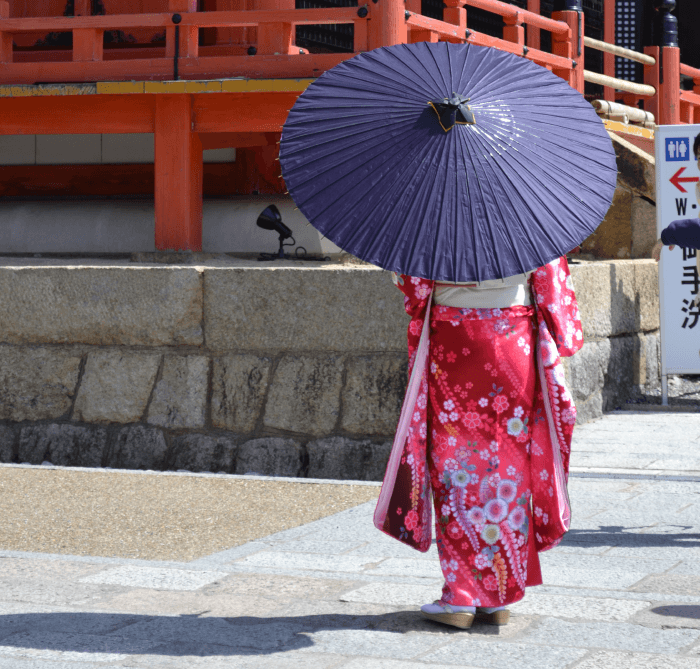
From Kimono, through #KimOhNo, to Skims: A branding nightmare for Kim Kardashian
#KimOhNo became a symbol of the backlash to Kim Kardashian’s attempt to register a trademark for her new line of shape wear, Kimono.
If you've received a Section 2(e)(2) refusal, it means the USPTO is denying the registration of your trademark because it deems your mark primarily geographically descriptive of the origin of your goods and services.
In particular, it means that:
a) the term identifying an actual geographical location is of primary significance within the mark,
b) the goods/services provided originate in the said location,
c) purchasers would be likely to believe the goods/services originate in the said location (for example, if the place is known for producing the given goods/services).
This type of office action is relatively rare but hard to overcome. To prevail, you would have to prove there is no significant association between the location and your goods/services or provide consumer surveys or declarations showing that consumers are not likely to be deceived by the geographic term.
It's worth mentioning that not all marks containing a geographical location will be refused by the USPTO. If the location is combined with other strong and distinct elements, it may register (preventing point a) by not playing a significant role in the overall impression of the mark).
Alternatively, you can seek registration on the Supplemental Register.
If you received a Section 2(e)(2) refusal, it's advisable to consult a trademark attorney who can go through your options with you and advise on the best course of action.
How long does it take for a trademark registration to be completed?
Do I need to prove the usage of my trademark during the validity period?
Will obtaining a trademark in one member state allow me to block an EU trademark application?
How does conversion between EU trademarks and national trademarks work?
Can my representative apply for a trademark grant on my behalf?
Does the registration in US give international protection to trademark?

Our team of experienced trademark attorneys is here to help you! Simply send us an email outlining your request and we'll be happy to assist you.